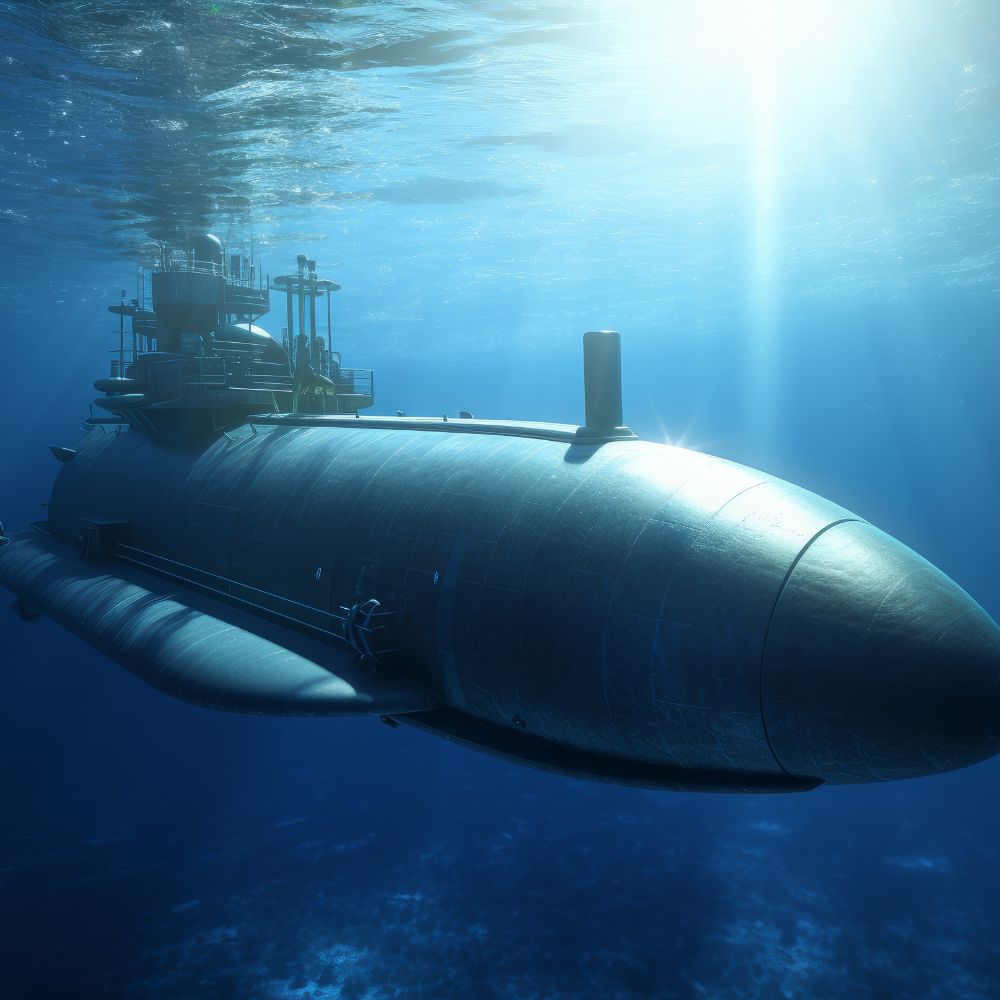Undersea cables severed in Baltic Sea, raising sabotage fears
A significant disruption to internet connectivity in parts of Europe has raised concerns about potential sabotage after two undersea cables in the Baltic Sea were severed. The incident, which occurred on Tuesday, has impacted internet services in Germany and Finland.
Authorities in both countries are investigating the cause of the damage, with initial findings suggesting that the cables were intentionally cut. While no group has claimed responsibility for the attack, the timing and nature of the incident have led to speculation about potential state-sponsored actors or other malicious entities.
A Strategic Vulnerability
Undersea cables are critical infrastructure for global communications, carrying vast amounts of data across oceans. The Baltic Sea region has seen increased geopolitical tensions in recent years, with Russia’s invasion of Ukraine heightening security concerns in the region.
Experts warn that attacks on undersea cables could have serious consequences, not only for internet connectivity but also for critical infrastructure like power grids and financial systems. Such attacks could disrupt essential services, hinder economic activity, and potentially destabilize societies.
A Growing Threat
In recent years, there has been a growing awareness of the vulnerability of undersea cables to cyberattacks, physical damage, and natural disasters. As the world becomes increasingly reliant on digital infrastructure, the need to protect these vital links has become paramount.
To mitigate the risks, countries and international organizations are working to improve the security of undersea cables. This includes measures such as cable diversification, increased monitoring, and enhanced cybersecurity protocols. Additionally, there are ongoing efforts to develop alternative communication technologies, such as satellite-based systems, to reduce reliance on undersea cables.
International Response
The incident has sparked international concern, with NATO Secretary-General Jens Stoltenberg expressing serious concern about the disruption of critical infrastructure. “We need to invest more in protecting our critical infrastructure, including undersea cables,” he said.
The European Union has also condemned the attack, calling for a thorough investigation to determine the cause. EU officials have emphasized the importance of strengthening cybersecurity and protecting critical infrastructure across the bloc.
As investigations continue, the full extent of the damage and the impact on internet connectivity remains unclear. However, the incident underscores the need for increased vigilance and robust security measures to safeguard critical infrastructure and ensure the resilience of global communications networks.









